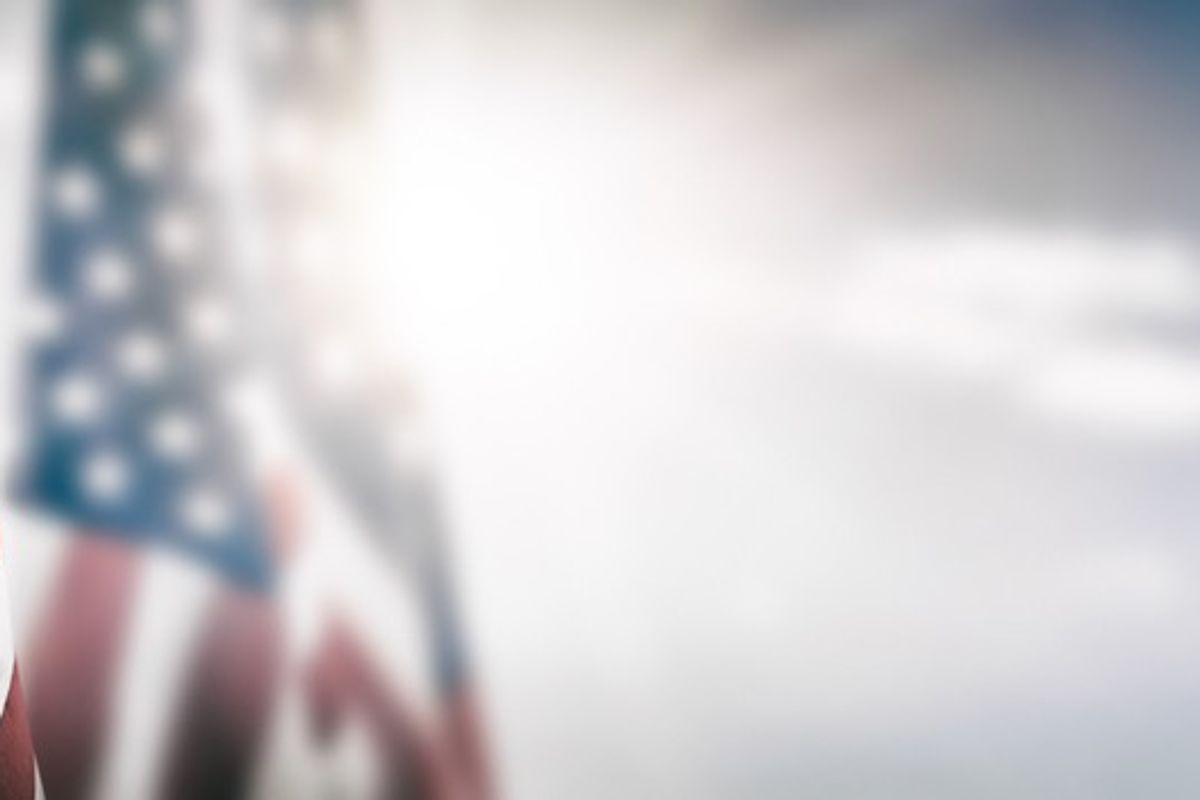In American culture, Veteran is a powerful word, and for better or worse, it is used universally. The Department of Veterans Affairs is a common topic for Congress, the news, and Facebook. Veterans Day features sales, promotions, and free donuts. We are highlighted at sporting events, during the State of the Union, and our issues are widely discussed on media from 60 Minutes to the local paper. And yes, we even get a day off from work every 11th of November. Sometimes we are, erroneously, called troops and soldiers. Many communities and businesses “support our troops.” Time Magazine once named the American Soldier (and unintentionally offended sailors, airmen, and Marines in the process) the “person of the year”.
Rarely though, do I hear discussion about the meaning of the word Veteran or the origin of the holiday. I don’t think many folks connect it to the “great war” anymore, or even to the many conflicts fought since then. My impression is that it is simply linked to service members without much contemplation of the significance. This is not a criticism, and I don’t expect nor desire special dispensation for my status. I am, after all, a Veteran by choice. I feel appreciated and get a strong sense that the citizens of this nation are grateful for those of us who serve.
In the past, it wasn’t something I contemplated often either. As a Marine, I mostly went about my business without giving too much thought to the significance of having served. To be candid, Memorial Day is a more solemn and powerful day for many of us, and one when I remember Veterans who are no longer with us. My son is named after a Marine killed in combat, giving him a namesake I hope he understands and appreciates throughout his life. Memorial Day is the day when I think about the eternal impacts of losing the life of an American who went to war.
As I spent the last several days considering what Veterans Day means to me, I was reminded that it is as powerful and important as Memorial Day. No two Veterans are identical in how they spent their time in service. Pilots, special operators, logisticians, infantrymen, cooks, clerks, and judge advocates perform very diverse functions, under very different conditions, with varying degrees of risk, danger, and difficulty; yet they each are parts of the sum of the whole in American military structure and function. And though they each took different paths to arrive at their occupation, all Veterans can trace their beginning to one place. That place is what I most think about on this day. Like all Veterans, I can mark the moment when I committed to joining the military. Every Veteran, regardless of service or specialty, whether they volunteered to serve or were drafted, has that in common. Regardless of the motivation, we as a nation continue to produce men and women who feel an obligation to serve. I am overwhelmed at the image of millions of Americans, from all walks of life, sharing the identical willingness to forego normal life to enter the military during a time of war, and become a Veteran.
Being a Veteran means you served. It means that, at some point in your life, you recognized a force inside you powerful enough to give yourself to an organization that guarantees personal hardship and carries the risk of death. It means you are “even with the house”—forever. It means no matter how the world measures success, you will be an example to follow. It means you will never have to question your contribution to society. It means membership in an exclusive club that can’t be bought, traded, loaned, or bequeathed. And if you’re lucky, it means someone, someday, may ask you to share your feelings on being a Veteran, with the hope that it gives meaning to someone else contemplating the same decision.










